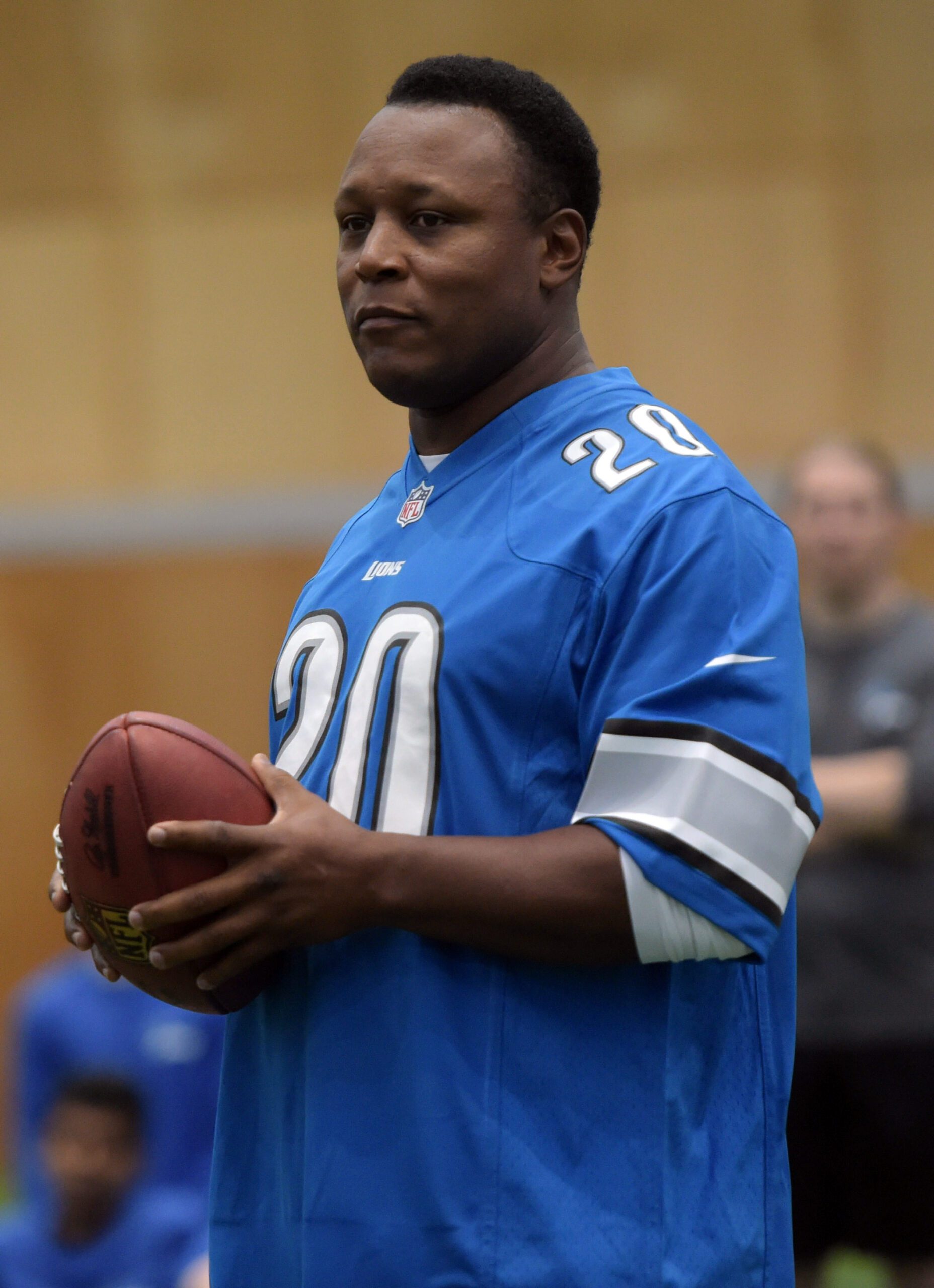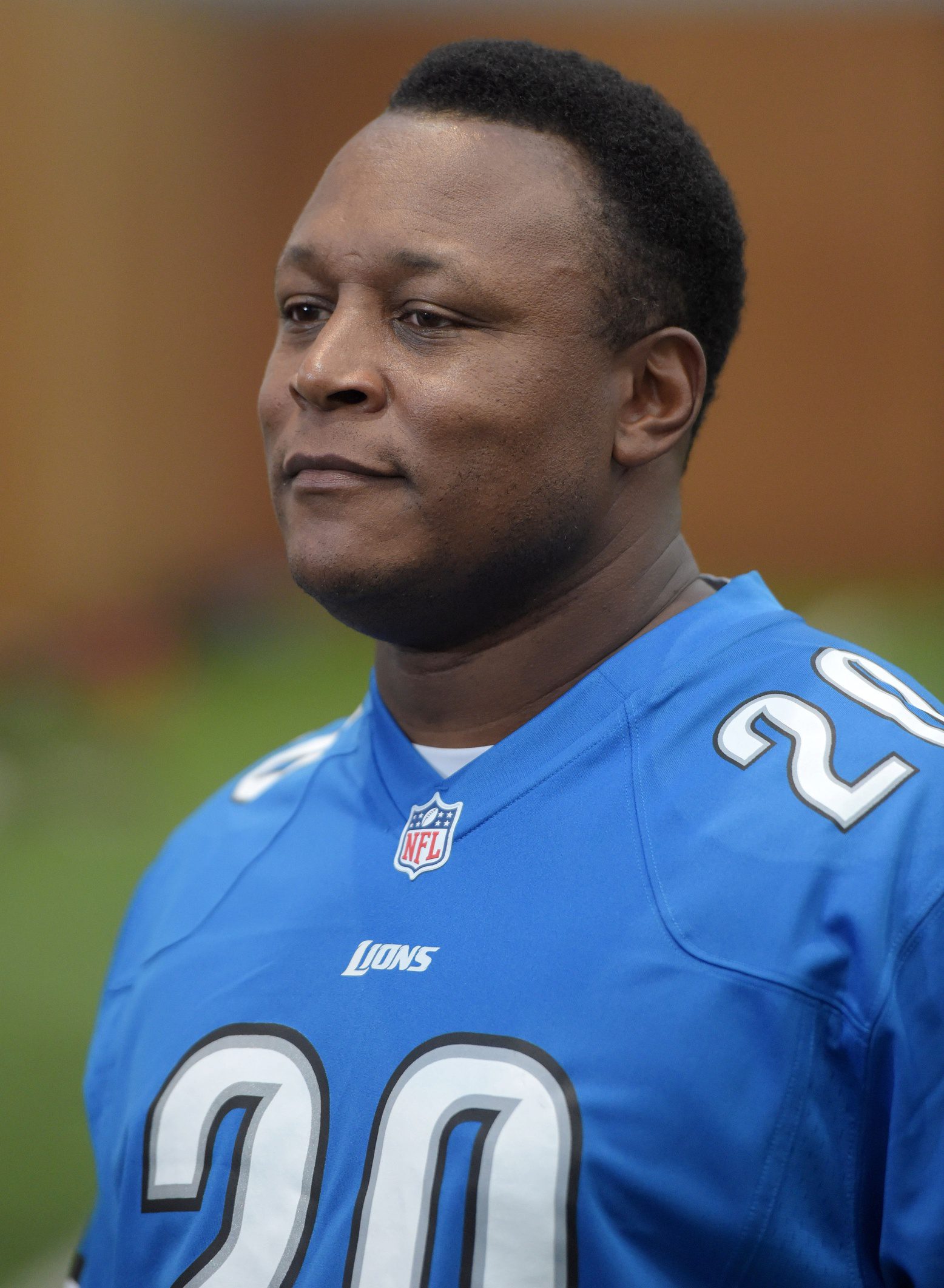Many folks, when humming along to those timeless tunes, often wonder about the folks behind the melodies, especially someone like Barry Gibb, whose voice and songwriting have shaped so much of popular music. It's a common thought, too, to ponder where such a creative spirit might have first taken root, where the very beginnings of his remarkable life story truly unfolded. This curiosity about the origins of a music icon is, in some respects, quite natural, as it helps us connect with the person behind the art. We're going to explore the place that can claim to be his earliest home, the setting for his first steps, and the very start of his extraordinary journey.
The Bee Gees, with Barry at the forefront, crafted a sound that, like, really resonated with generations, moving from gentle pop to disco anthems that got everyone dancing. Their songs, you know, have this way of sticking with you, a testament to their lasting appeal and the sheer talent involved. Getting to know a bit about where Barry Gibb came from helps paint a fuller picture of the man who gave us so many memorable songs, giving us a little more context for his musical genius.
So, if you've ever found yourself asking about his beginnings, perhaps wondering about the town or the country that first welcomed him into the world, you're in good company. We'll take a little look at his early life, the places that shaped him, and how those early experiences might have played a part in the musical legend he became. It's quite a story, actually, about a family, a move across the globe, and the birth of a musical phenomenon.
- Ankylosaurus Stuffed Animal
- Show Dogs Movie Controversy
- Show Me A Picture Of Kurt Russell
- Kieran Lee Net Worth
- What Is North Dakota Known For
Table of Contents
- A Life's Beginning - Barry Gibb's Story
- Personal Details and Bio Data
- Where Did Barry Gibb's Musical Journey Begin?
- The Australian Chapter - A Significant Stop for Barry Gibb
- What Influenced Barry Gibb's Distinctive Sound?
- From Manchester to Miami - Barry Gibb's Global Footprint
- How Did Barry Gibb's Family Shape His Career?
- The Gibb Brothers' Legacy - Where Barry Gibb's Heart Lies
A Life's Beginning - Barry Gibb's Story
The tale of Barry Gibb, a true figure in music, starts in a place that might surprise some who associate him so strongly with the sounds of disco and sunshine. His very first breath was taken in Douglas, a town on the Isle of Man, a rather small island sitting between Great Britain and Ireland. This spot, a bit of a quiet corner of the world, was the setting for his earliest years, a time before the bright lights of global fame. He was born on September 1, 1946, joining a family that would soon become synonymous with musical brilliance. His parents, Hugh and Barbara Gibb, were very much involved in music themselves, with Hugh leading a band and Barbara singing, so, you know, it seems the musical inclination was definitely in the family's blood from the start. This early environment, filled with tunes and performances, surely planted the seeds for his future path.
As a young child, Barry, along with his older sister Lesley and soon-to-be-famous younger twin brothers Robin and Maurice, spent their formative years on this charming island. The family's life there was, in a way, typical for the time, but the underlying current of music was always present. It wasn't long, however, before the family decided to seek new horizons, moving from the Isle of Man to Manchester, England, in 1955. This move marked a significant shift in their young lives, bringing them to a larger city with more opportunities, and, arguably, a more vibrant music scene. It was in Manchester that the Gibb brothers truly began to dabble in music together, taking their first steps as a performing group, even if it was just for fun at first. This early period in England was a crucial chapter in shaping the collective sound that would one day capture the world's attention, setting the stage for where Barry Gibb and his brothers would go next.
- Kendall Jenner Bald
- Easy Emily Ratajkowski
- Boston Peace Of Mind Lyrics
- Emily Ratajkowski Movies And Tv Shows
- Kevin Costner Cal Ripken
The transition from the Isle of Man to Manchester was more than just a change of scenery; it was a shift in environment that, perhaps, spurred on their creative energies. The brothers, still quite young, found themselves in a place where popular music was really taking hold, offering new sounds and influences. It was during this time that they started to harmonize, practicing their voices and developing a shared musical language that would become their hallmark. Their early attempts at performing, often in local cinemas or small gatherings, helped them hone their skills and build a rapport as a group. This period was, basically, a foundational time, allowing them to experiment and grow as musicians before their eventual move to an even more distant land, a journey that would truly kickstart their professional careers. The early life of Barry Gibb, therefore, is a story of modest beginnings, family ties, and a gradual, yet steady, rise toward musical greatness, a journey that took him from a small island to the global stage.
Personal Details and Bio Data
| Full Name | Barry Alan Crompton Gibb |
| Birth Date | September 1, 1946 |
| Birth Place | Douglas, Isle of Man |
| Nationality | British, Australian, American |
| Occupation | Singer, Songwriter, Record Producer |
| Spouse | Linda Gray (married 1970) |
| Children | Stephen, Ashley, Travis, Michael, Alexandra |
| Siblings | Lesley Gibb, Robin Gibb, Maurice Gibb, Andy Gibb |
Where Did Barry Gibb's Musical Journey Begin?
While Barry Gibb's very first home was the Isle of Man, his actual musical journey, the one that truly set him on the path to stardom, arguably started to pick up speed after the family's move to Australia. The Gibb family packed up their lives in Manchester, England, and made the very long trip to Redcliffe, Queensland, Australia, in 1958. This was a massive change for the young boys, taking them from the cooler climes of Britain to the sunny, wide-open spaces of a different continent. It was in Australia that the brothers, now known as the Bee Gees, began to take their musical aspirations a bit more seriously, performing at local venues, talent shows, and even on television. This new environment, with its laid-back atmosphere and burgeoning music scene, provided fertile ground for their talents to truly blossom. They spent their teenage years there, really finding their sound and developing the stage presence that would later captivate audiences worldwide.
Their early performances in Australia were, in some ways, quite humble, often taking place at small clubs or community events. However, these experiences were absolutely crucial for their development as artists. They learned how to work together as a unit, how to engage an audience, and how to refine their harmonies. It was during this time that they caught the attention of Bill Goode, a speedway promoter who saw their potential and introduced them to a radio DJ named Bill Gates. These connections were, you know, pretty important, as they helped the brothers get their music heard by a wider audience in Australia. Their first single, "The Battle of the Blue and Grey," was released in 1963, marking their official entry into the recording world. This period in Australia was a time of intense learning and growth, where the raw talent of the Gibb brothers was shaped into something truly special, laying the groundwork for their eventual international success.
The Australian years were also a period of experimentation for the Bee Gees. They tried out different styles, wrote numerous songs, and worked tirelessly to perfect their craft. The influence of Australian popular music at the time, which was a blend of British and American sounds, certainly played a part in shaping their early recordings. They gained valuable experience in the recording studio, learning about production and arrangement, skills that would serve them incredibly well throughout their long careers. It was, arguably, this solid foundation built in Australia that gave them the confidence and the material to eventually return to the UK and seek a bigger stage. The warm climate and the somewhat less competitive music scene in Australia allowed them to develop at their own pace, fostering their unique sound without the immediate pressures of the global music industry. So, when people ask where Barry Gibb's musical journey truly began, Australia holds a very significant place in that story, a place where the Bee Gees truly found their collective voice.
The Australian Chapter - A Significant Stop for Barry Gibb
The time the Gibb family spent in Australia, from 1958 to 1967, was more than just a temporary stay; it was a defining period for the brothers and a major part of where Barry Gibb honed his skills. They truly became the Bee Gees during these years, moving from aspiring musicians to a group with a growing fan base and a string of local hits. Their performances on Australian television shows, like "Bandstand," introduced them to a national audience and helped them gain recognition. It was a time of constant touring, playing in various towns and cities across the country, which gave them invaluable stage experience and a deeper understanding of what connected with listeners. This intense period of performance and songwriting allowed them to refine their harmonies, which would become one of their most distinctive features, something that, like, really set them apart from other groups.
The songwriting partnership between Barry and his brothers, particularly Robin and Maurice, also solidified during their Australian years. They would spend countless hours crafting melodies and lyrics, often drawing inspiration from their surroundings and personal experiences. This collaborative process, which was at the heart of their success, was nurtured in the relatively relaxed environment of Australia. They developed a prolific output, writing songs not just for themselves but also for other Australian artists. This period of intense creative activity was, basically, a masterclass in songwriting, allowing Barry to develop his unique lyrical style and his knack for creating catchy, memorable tunes. The Australian music industry, though smaller than that in the UK or USA, provided a supportive ecosystem for their growth, allowing them to make mistakes, learn from them, and ultimately emerge as a more polished and confident act.
Their first real taste of significant success came with the song "Spicks and Specks," which became a number one hit in Australia in 1966. This achievement was a major turning point, confirming their potential and giving them the confidence to seek a broader audience. It was a clear signal that their unique blend of pop, rock, and folk influences had a universal appeal. The success of "Spicks and Specks" ultimately led them to make the decision to return to England, believing that their sound was ready for the global stage. This move was, in a way, a graduation from their Australian apprenticeship, a step they took with the backing of their local achievements. The Australian chapter is, therefore, a truly significant part of where Barry Gibb's story unfolds, a place where the foundation of a legendary career was firmly laid, shaping the very essence of their future musical endeavors.
What Influenced Barry Gibb's Distinctive Sound?
Barry Gibb's sound, characterized by his expressive voice and the Bee Gees' signature harmonies, was shaped by a mix of early influences and later innovations. From a very young age, he was exposed to the popular music of the 1950s and early 1960s, a blend of rock and roll, rhythm and blues, and traditional pop. Artists like The Everly Brothers, with their tight vocal harmonies, were, you know, a clear inspiration for the Gibb brothers. Their ability to blend voices seamlessly, creating a rich, full sound, was something Barry and his brothers certainly admired and worked to emulate. This early exposure to harmony-driven music laid the groundwork for the Bee Gees' vocal arrangements, which would become a hallmark of their sound. The simple yet effective melodies of early pop songs also influenced Barry's songwriting, teaching him the power of a catchy tune and a memorable lyric.
As the 1960s progressed, the musical landscape began to shift, and the Bee Gees, with Barry's guidance, adapted their sound to stay current. The British Invasion, led by bands like The Beatles, brought new energy and complexity to pop music, and the Gibb brothers absorbed these changes. Their early albums show a clear progression from more straightforward pop to a more sophisticated, orchestral sound, often incorporating elements of folk and psychedelic rock. Barry's songwriting during this period became more intricate, exploring deeper themes and experimenting with different song structures. The influence of American soul and R&B music also began to creep into their sound, particularly as they spent more time in the United States later in their career. This constant evolution, you know, was a key factor in their longevity, allowing them to remain relevant across different musical eras.
Perhaps the most famous and distinctive element of Barry Gibb's sound, and indeed the Bee Gees' later work, was the high-pitched falsetto vocals that became synonymous with their disco era. This vocal style, which he developed and perfected, was a response to the changing trends in music during the mid-1970s. It was a conscious decision to move away from their earlier, more melancholic ballads and embrace a more upbeat, dance-oriented sound. The falsetto, combined with their intricate harmonies and a strong rhythmic section, created a truly unique and influential sound that dominated the airwaves. This shift was, basically, a stroke of genius, revitalizing their career and introducing them to a whole new generation of fans. So, while his early influences were rooted in classic pop and rock, Barry Gibb's willingness to experiment and innovate, particularly with
- Surgery Rick Ross Weight Loss
- Gulf Shores Deep Sea Fishing
- Emily Osment 2018
- Kevin Costner Cal Ripken
- Nikki Reed Videos



